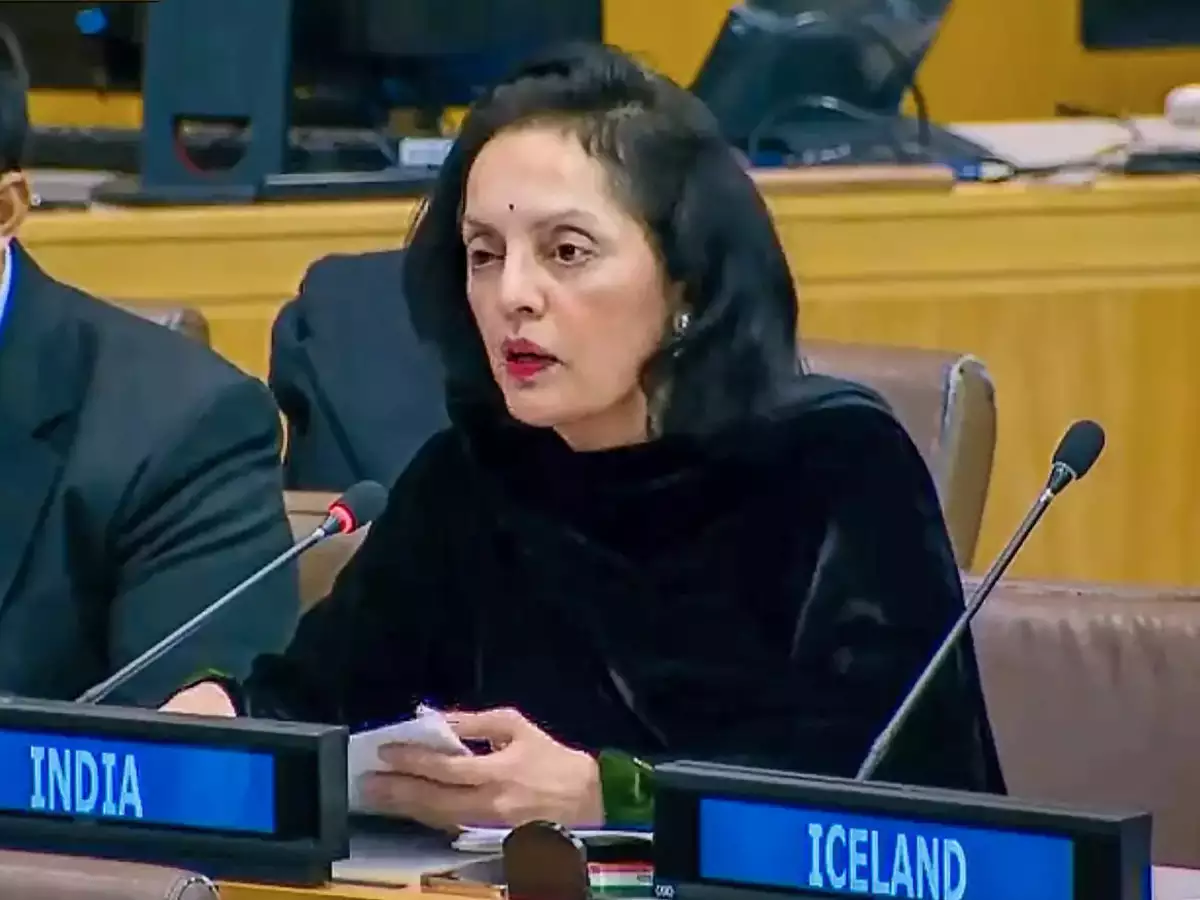Ruchira Kamboj, India’s permanent representative to the United Nations, questioned the Security Council’s fundamental structure and asked if the principal organ is ineffective in dealing with contemporary threats to global peace and security.
On Thursday (local time), Kamboj addressed the United Nations General Assembly during the Eleventh Emergency Special Session (Ukraine), asking, “Has the UN system, particularly its principal organ, the UN Security Council, not been rendered ineffective to address contemporary challenges to global peace and security?” “Are we any closer to a solution that will satisfy both parties? Can any process that excludes one of the two sides ever produce a credible and meaningful solution? “She inquired further.
Kamboj reaffirmed India’s position in the Russia-Ukraine conflict, claiming that dialogue and diplomacy are the only viable options.
“India remains steadfastly committed to multilateralism and upholds the principles of the UN Charter. We will always call for dialogue and diplomacy as the only viable way out. While we take note of the stated objective of today’s Resolution, given its inherent limitations in reaching our desired goal of securing a lasting peace, we are constrained to abstain.”
Along with India, China and Pakistan abstained from voting in the United Nations General Assembly (UNGA) on the need for Ukraine to achieve comprehensive, just, and long-term peace. The resolution received 141 votes in favour, 32 abstentions, including China and India, and seven votes against it in the assembly.
India’s ambassador echoed Prime Minister Narendra Modi’s remarks, saying, “We have consistently advocated that no solution can ever arrive at the cost of human lives. In this context, our Prime Minister’s statement that this cannot be an era of war bears reiteration. Escalation of hostilities and violence is in no one’s interest, instead, an urgent return to the path of dialogue and diplomacy is the way forward.”
She also stated that international principles and jurisprudence place the responsibility on conflict parties to ensure that civilians and civilian infrastructure are not targeted in armed conflicts.
Kamboj went on to say that India’s approach to the Ukraine conflict would remain people-centered. India is providing both humanitarian aid to Ukraine and economic assistance to some of its neighbours in the Global South who are experiencing economic hardship, despite rising food, fuel, and fertiliser prices as a result of the ongoing conflict.
“India continued to remain concerned over the situation in Ukraine. The conflict has resulted in the loss of countless lives and misery, particularly for women, children, and the elderly, with millions becoming homeless and forced to seek shelter in neighbouring countries. Reports of attacks on civilians and civilian infrastructure are also deeply worrying,” she said.






















